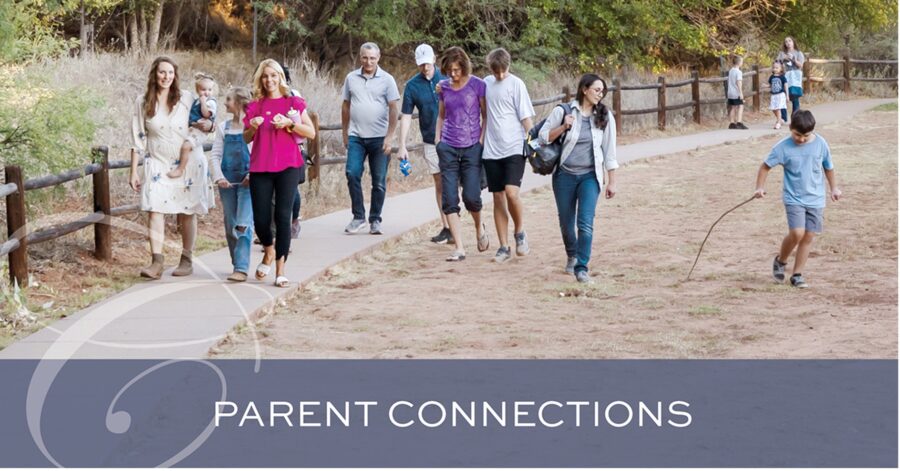Maybe you’ve been in a similar situation. Whether it’s at a thrift shop, an estate sale, or a listing on an online share site you find yourself wrestling with the question — Should I really buy another book?
Your shelves are full. Your online retailer wish list is ridiculous. You’re comfortable with the reality that books stand in for end tables and plant stands and are your favorite accessory in home décor. Maybe it’s just the opposite. You have kept your inventory of books to a minimum and do an outstanding job of having only as many books as shelves to house them.
Either way, you must decide. Will you buy the book?
The Dilemma
Part of your dilemma is you know full well that you could likely find the same title in e-book format. You wouldn’t have to find space, it’s probably available in less than three swipes, and the convenience of not having to manage another “thing” is attractive. Living in a world that has integrated so many digital options, we all face the tension between the advantages of printed books over e-books.
Leigh Bortins, Classical Conversations® founder, has referred to herself as the “keeper of the books.” As a homeschool curriculum provider and bookseller, Classical Conversations feels strongly about paper books. We’re not opposed to e-books, but we are committed to preserving the value of printed books. When deciding, we’ll let the options land squarely in your lap and won’t tilt our noses at your choice.
Remember, though, that one of the distinctives of the Classical Conversations experience and something that enriches local communities are the curriculum guides. Required resources for your community day, the Foundations Guide, the Essentials of the English Language Guide, and the Challenge guides are invaluable tools.
The Contenders
Each holds its own rather well in the e-books vs. printed books discussion. Any quick internet search with terms like “e-books vs. printed books” or “why are physical books better than e-books?” yields thoughtful articles, pro/con lists, and plenty of arguments. Topics range across portability, affordability, distractibility, academic performance, and inventory management. No matter how you approach it, you’ll have no shortage of issues regarding the discussion of e-books vs. books!
The Reasons
Following are three reasons why you might determine physical books are better than e-books.
1. Ownership
This point is essential to the next reason, but it stands well enough on its own. When you purchase an e-book, you only buy the license to read the content. E-books do not have a clear path of ownership, and even the retailer who sells the book doesn’t own it; rather, the publisher has its own licensing agreement with its agents. Even in the case of a Classical Conversations digital resource like the Essentials of the English Language guide, although members can access it on the new CC Connected, it is not yours to keep, personalize, or own once your student finishes their Essentials tours.
2. Annotation
You can write all over a real book! You can highlight, doodle, cross reference, outright disagree, or put as many exclamation points as you’d like next to parts you love. Sure, there are often virtual annotation tools included in e-books. Still, you are limited to what the software allows compared to the endless ways you can personalize your real books.
3. Attention
One of the Five Core Habits, the skill of attending is far more potent when reading a physical book. A paper book will more likely train you in the skill of deeper reading. E-books, on the other hand, permit too many distractions and tempt your focus away from the text. A paper book encourages slower processing and offers physical cues through page-turning combined with the weight of holding the book, larger pages, no links, and concentrated singular lines of thought.
Which Are Better, E-books or Books?
Surely you can think of other reasons, some rooted in personal preference and others nested in research, why in the e-books vs. books discussion, “real books” come out on top. Remember, Classical Conversations is not against e-books! But we do hope you’ll be convinced in this discussion — yes, buy the book!
Not yet a Classical Conversations member and interested in our community-based approach to homeschooling? We’d love to hear from you! To learn more about us, click here.




